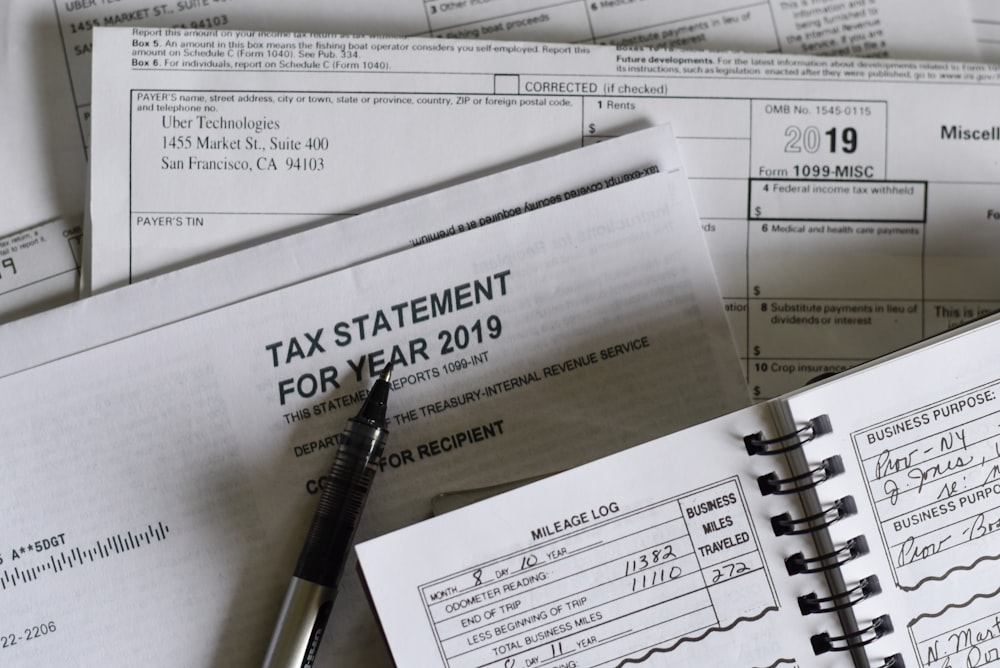
Multinational corporations consisting of both foreign and local organizations are the engine of Belgium’s economy, with the government playing a key role in regulation and support. Belgium is one of the most globalized countries in the world, not just because of external investments but also its efficient tax system.
Like all countries, taxes are considered the main source of income used to provide the need of the people, state, structures, and legal entities. With a relatively large number of investors, Belgium’s tax legislators know the importance of tax and the roles of tax revenue in economic development.
Tax Hierarchy In Belgium
In Belgium, taxes are collected by both local, state, and the federal government. The federal government is in charge of collecting the biggest and most important taxes like social security, income tax, corporate taxes, and value-added tax.
Property taxes, rents, licenses, and various fees are collected by the local government, while tax laws and subjects are regulated by the federal government through the Ministry of Finance.
The government of Belgium taxes its residents on their worldwide income. Every person residing in Belgium must pay his/her tax that is due irrespective of their nationality.
Tax rates in Belgium are the same for both resident and non-resident. Belgium residents are taxable on their worldwide income, both online and offline. While non-residents, including citizens, are only taxed on Belgian-source income.
Types Of Taxes In Belgium
The Belgium government also presented various task formats depending on your salary and industry. These are the major kinds of tax collected in Belgium:
1. Corporate Taxes In Belgium
Corporate taxes, also called company tax or corporation tax are a direct tax on the income or capital of the organization, cooperation or other legal entities. This type of tax is regulated and collected by the central government in Belgium.
Companies, organizations, institutes and their subsidiaries that operate in Belgium have to pay various taxes to continue operating in Belgium. The rate in which corporate income tax is collected in Belgium ranges from 30% to 39%.
Social insurance contributions also take out 35% of the payroll. If a company sells, donates or exchanges any of its properties, the capital gains tax, which is almost 20% must be paid to the Belgium government.
Other corporate taxes paid by companies in Belgium include the stamp duty, the VAT and withholding tax on dividends, royalties, and interests.
-
Company Director Tax In Belgium
This is another tax in Belgium that is imposed on the director of a company residing in Belgium. A company’s director is liable to various taxes depending on his/her income.
Company directors who have been mandated by the organization to act as a chief executive, general manager, liquidator… within the company, who is also involved in the daily management of commercial, financial or technical nature of the cooperation.
Taxable income for company directors in Belgium consists of the following both interest and income from activities undertaken by company directors. If his/her income is treated as interest, he/she is charged a 15% tax rate. This money cannot be deducted from the company’s tax.
A company director would also be taxed 60% for all property rent to the company, whether as a building or land. The rent paid for the property is seen as an income for the property.
-
Individual Taxes
Everybody listed and registered in the Belgium State Register must pay individual taxes. All Belgium residents are taxed on their worldwide income in both online and physical ventures from wages and salaries.
Taxes are also levied on Belgium residents on income from securities, real estate, and other capital investments. Non-residents of Belgium have to pay taxes only on their Belgian source income.
| Belgian Tax Rate | Belgian Income Tax Bands |
| 25% | Below €13,250 |
| 40% | €13,250 – €23,390 |
| 45% | €23,390 – €40,480 |
| 50% | €40,480+ |
-
Personal Income Tax In Belgium
Personal income tax (PIT) is a direct tax charged on the income of an individual. In Belgium, this tax is regulated and collected by the federal tax in Belgium.
Personal income taxes are calculated by determining the tax base and assessing the tax range based on the calculation. The tax rates for personal income tax in Belgium is between 0 and 50%.
-
Inheritance Tax In Belgium
Inheritance tax in Belgium is charged on the total value of the estate or any property owned in Belgium. The tax rate for inheritance tax in Belgium varies from region to region.
-
Tax On Investment Income In Belgium
Taxes are also charged for capital investments in Belgium. Income from capital investments like interest, dividends, and other forms of investment are collected by the federal government via a Belgian financial institution, subject to a flat-rate tax of 30%.
-
Local Income Taxes In Belgium
Belgium residents also have to pay local income taxes. Communal taxes are levied by the local government with rates between 0% to 9% of the income tax. While flat surcharge of 7% is charged on non-residents. Other local taxes in Belgium are gift taxes, TV, rubbish collection, and water.
-
VAT In Belgium
Value-added tax is a consumption tax levied on products for value-added from production to the point of sale. The VAT rate that a person pays depends on the cost of the product. The VAT is not levied on exports and the standard VAT rate in Belgium is 21%.
If you’re thinking of starting a business in Belgium, you have to draw a good business plan that highlights a good tax management system. This helps you manage your taxes properly.

